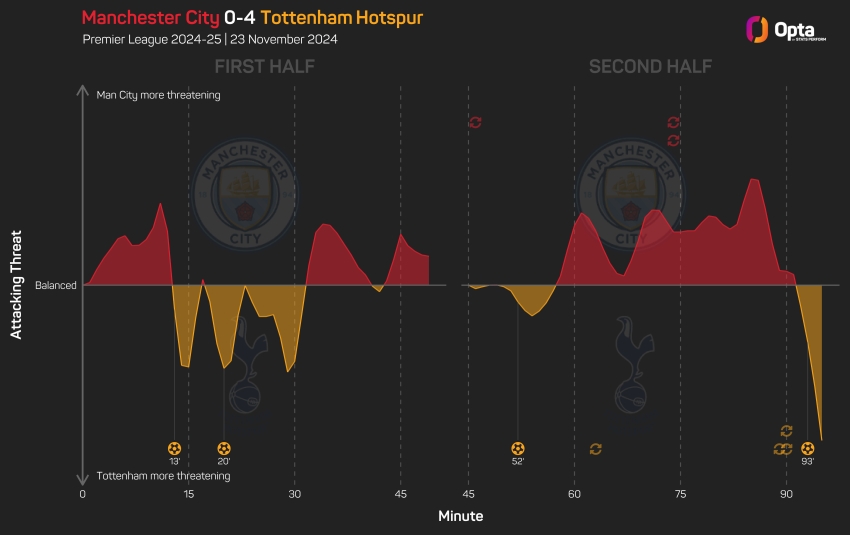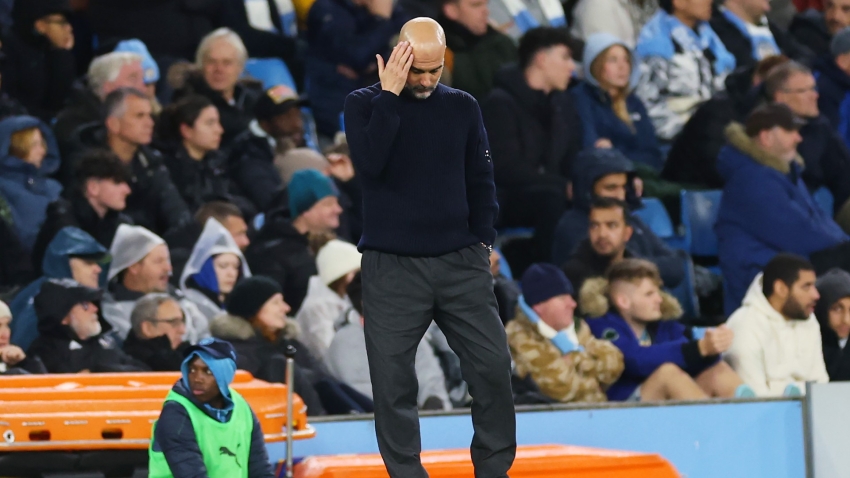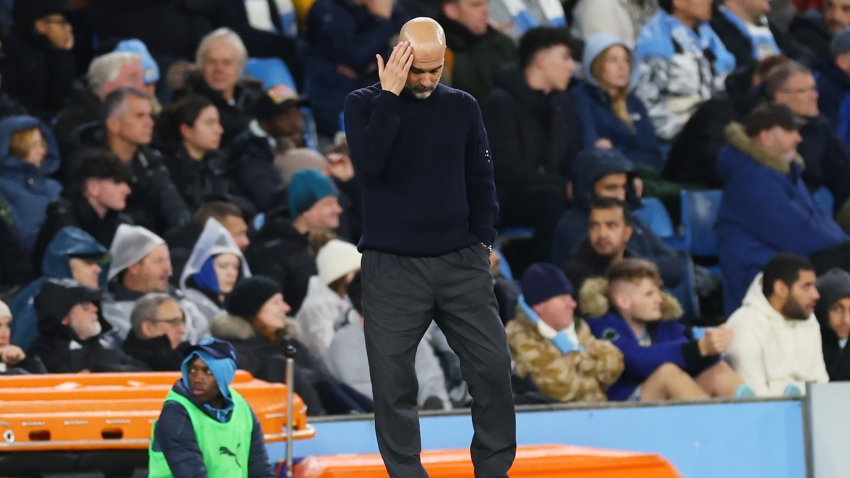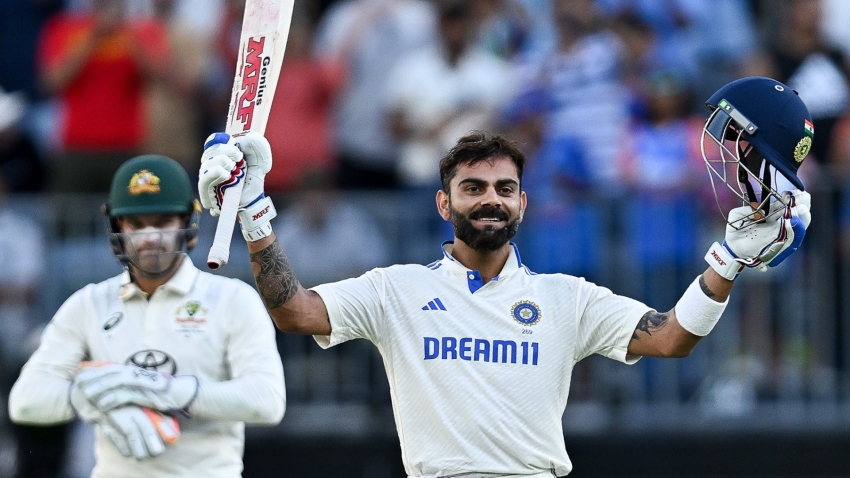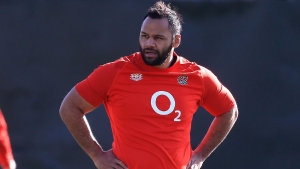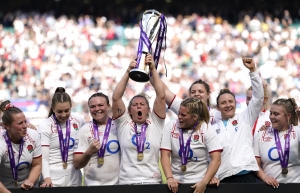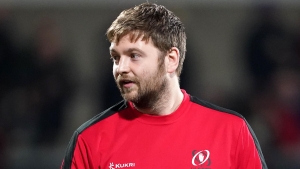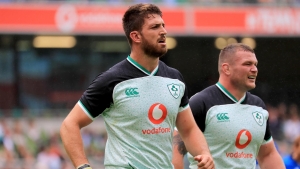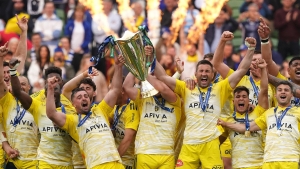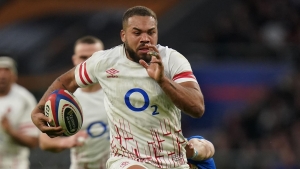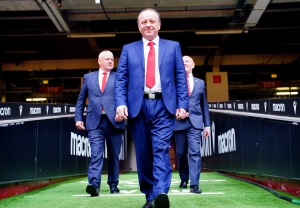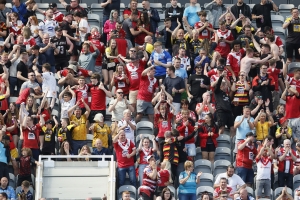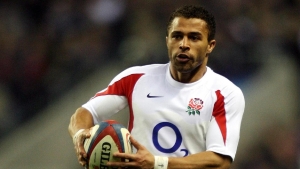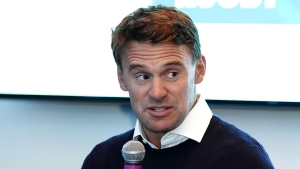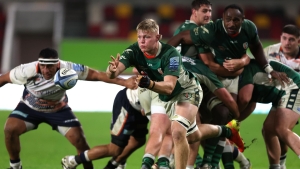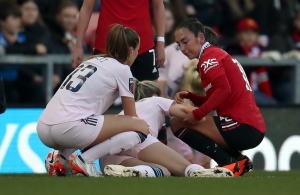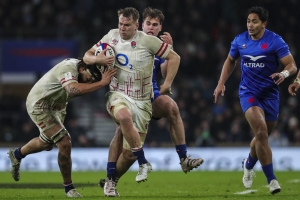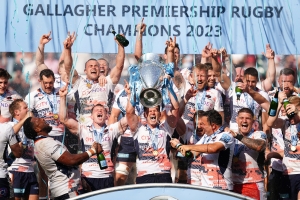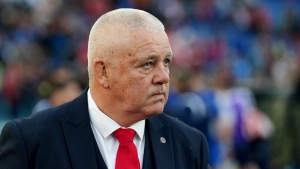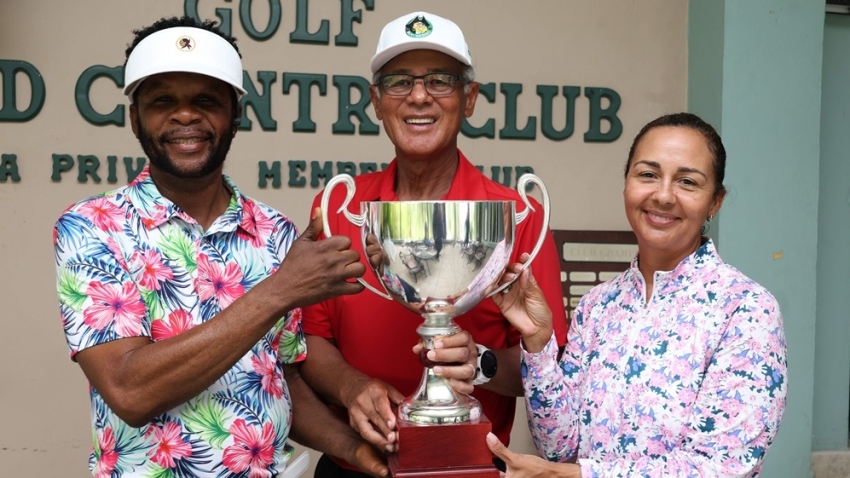Ex-England rugby player Shaunagh Brown has called out sport governing bodies she feels treat female athletes like “small men” to the detriment of their health and performance.
The 33-year-old retired from the Red Roses in December after earning 30 caps for her country, and also represented England in the hammer at the 2014 Commonwealth Games.
While the former prop has witnessed some positive change, she remains adamant that not enough consideration is directed to the unique needs of women, from the impact of menstrual cycles to a higher risk of certain injuries – including the anterior cruciate ligament (ACL) issues that ended the World Cup dreams of England footballers Beth Mead and Leah Williamson.
“(It needs to) be based in the research why we’re rehabbing this way, why we’re asked to do this activity, why we’re using this training programme, because what you’ll find is a lot of it has come from men,” Brown told a Parliamentary Women and Equalities Committee session.
“Whether that’s concussion protocols, for me it just doesn’t sound right that male and female concussion protocols are exactly the same.
“It’s just because so often we are treated as small men as opposed to completely different needs as women. Where it’s all come from, there is no base at the moment. It’s changing slowly, more people are looking into it.
“I’d say there’s more looking after people of a different age and potentially different weight categories than there is of a gender category. I’m heavy for a woman, I’m 16 stone, and I’d be expected to basically just train like a 16-stone man.
“But if I was a lot lighter, I’d probably have a different training programme. If I was weaker or stronger, I’d have a different training programme.”
Next month, England will begin their quest for a maiden football World Cup without several of the most recognisable names from their Euro 2022 triumph.
Two of the injured – captain Williamson and forward Mead – are ruled out with ACL injuries, an issue that disproportionately affects women, who according to the British Orthopaedic Association (BOA) have three-to-six times higher risk than males.
Williamson and Mead are among a worrying number of female footballers, including their Arsenal team-mates Vivianne Miedema and Laura Wienroither, to have suffered the same injury this season.
A BOA report released on Tuesday read: “One anterior cruciate ligament (ACL) injury in your squad is unfortunate. A second is really bad luck. By the time you’re at your fourth, including both the current Lioness captain and the reigning BBC Sports Personality of the Year, there’s clearly an intrinsic problem that needs to be addressed.
“What is happening this season at the elite level is just the tip of the iceberg.”
The report, co-authored by surgeons Morgan Bailey and Nathanael Ahearn, revealed that of groups of young athletes the biggest rise in ACL injuries was observed by their organisation in teenage girls, who have taken up football in significant numbers following the Lionesses’ victory.
The doctors cautioned against writing off the discrepancy as simply due to biological differences, including hormonal influences and limb alignment, instead agreeing with Brown that “the gendered environment has a greater part to play.”
Contributing factors include a lack of equipment designed for women and a difference in quality when it comes to both pitches and coaching – with preventative training critical in reducing ACL injuries.
Like Brown, the BOA report authors warned efforts to make things simply the same for men and women are misguided.
They concluded: “As more women and young girls take up football, the seemingly most straightforward method for development is to mirror that of the boys and men before them, but it is equity, rather than equivalence, that we should be striving for.
“This means rather than simply encouraging more women to take up these sports in line with men, we should be creating the appropriate environment to do so, that accounts for both sex and gender based differences.”









